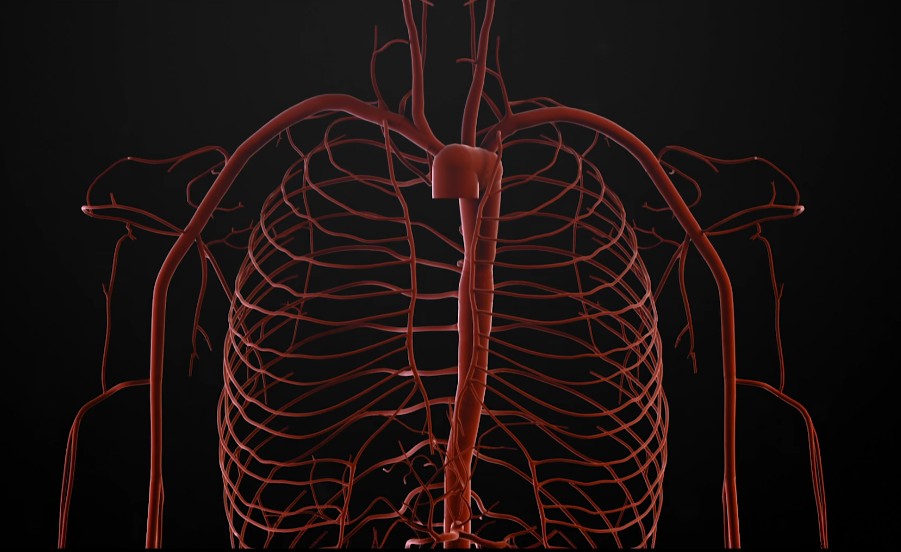Funded by the European Union, the CompBioMed research project focuses on the virtual human. It aims to provide individual avatars for use in the field of medicine. The goal? Better care in the real world by predicting and optimizing the outcome of operations more accurately.
This CompBioMed Center of Excellence research project is led by Peter Coveney, Center for Computational Sciences, University College London (UK). Supported by the European Union, his project works on the concept of the virtual human. For the director, there is no doubt that this virtual double will save lives, and this, thanks to the prediction of the results even before the start of the operation.
Specifically, the project combines specific data obtained through X-rays, CT scans and other MRI examinations of organs. The avatar also incorporates genome information or even the state of the skeleton, thus presenting an overview to researchers. The main interest of a virtual human is therefore to allow doctors to better prepare for operations risky surgeries. Thus, if we have to undergo a risky surgery in the future, the doctors will first offer to test the operation virtually on an individual avatar of that type.
To do this, British researchers have developeda whole series of programs and algorithms. Peter Coveney takes the example of a virtual heart showing all the details of a real person's heart. This can be used before an operation in the event of a heart attack or arrhythmia problem. The practitioner can then prepare the procedure and optimize its positive effects. There are also very elaborate models for observing red blood cells in the bloodstream. In particular, this makes it possible to identify the places where the arteries narrow.

You should know that reproducing the body in this way human requires significant computing power. In support of research, we find the SuperMUC-NG belonging to the Leibniz Supercomputing Center (Germany). It is quite simply the most powerful supercomputer in the country. Finally, this virtual human project aims to fight against all diseases, including the current coronavirus cause of the Covid-19 pandemic. For Peter Coveney, the virtual human is a central principle for organizing medicine in the 21st century and beyond.